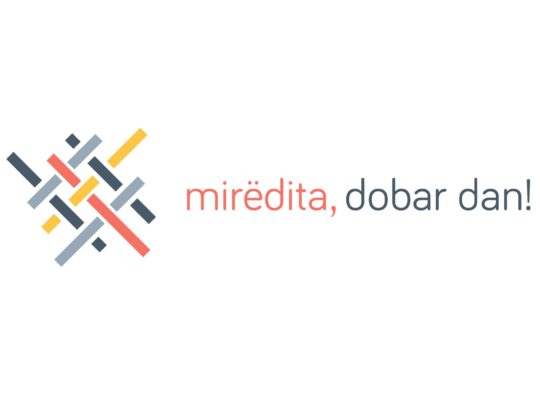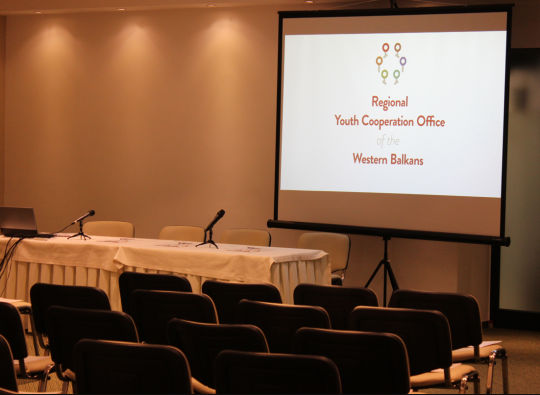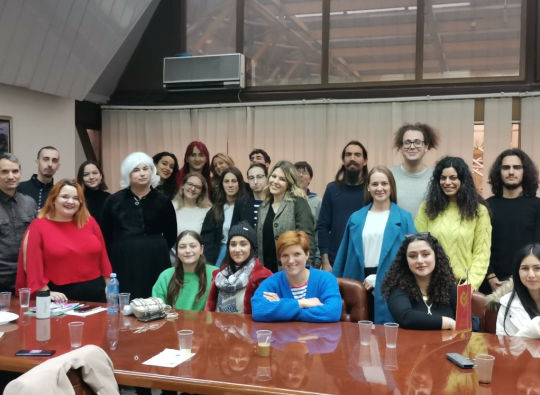Within the criminal justice system, protection of human rights is an integral part. This is important in two aspects; firstly, in ensuring protection and redress for the victim and secondly, providing a fair trial for the defendant.
In amending the Criminal Code, Kosovo had an incredibly important opportunity to enact changes that integrate a human rights perspective, incorporating best practices, as well as ensuring compliance with international standards, as required by the Constitution of the Republic of Kosovo. In light of this, YIHR KS welcomes the changes made with regard to defamation, which should be now a civil offence following the decision by the Supreme Court of Kosovo.
However, sadly this amending process has not fully incorporated the human rights perspective nor respected constitutional elements or international standards.
With regard to freedom of expression, members of the Kosovo Assembly have shown complete disregard for this fundamental freedom, as it is protected by the Constitution of the Republic of Kosovo and international conventions that are directly applicable. As a result of their negligence, great confusion has been caused and a parallel system created with provisions continuing to permit criminal responsibility of editors, publishers, printers or producers (Article 37 of the Criminal Code). This is completely unacceptable as it directly violates freedom of speech and freedom of the press as provided by the Constitution of the Republic of Kosovo (Article 40 and Article 42). Furthermore, the basis and limits of criminal sanction (Article 1) and the principle of legality (Article 2) contained within the Criminal Code, are also violated as it is not established which penal offences are in question when an editor, publisher printer or producer is criminally liable under Article 37. Whereas with regard to Article 38, it is also not acceptable that disclosure of information is necessary to prevent certain serious criminal offences. This is entirely contradictory to international standards which are applicable in Kosovo and as a result this cannot be justified.
Overall such a legal regime will continue to greatly hamper the work of journalists, who have a very important role to play in a democratic society in informing the public regarding issues of public importance, without government interference.
Additional important issues are the offences of light and grievous bodily injury (Article 187 and 188), which may constitute hate crimes. Yet despite the latest amendment process, regrettably, the protected characteristics of race, nationality, religion, gender, sexual orientation and disability in order to establish a hate crime were not included. Similarly, the provision outlining incitement of ‘national, racial, religious or ethnic hatred’ (Article 146), again regrettably does not specifically cover incitement of hatred based on sexual orientation.
From a gender perspective the offence of infanticide is not sufficiently clear, which should allow for a female defendant, due to the circumstances, to be charged in criminal proceedings with this lesser offence, rather than with murder (Article 181). Additionally and most regrettably, the newly adopted Criminal Code does not sanction spousal rape, which is of great concern (Article 229).
With regard to the above provisions, YIHR KS is extremely disappointed, especially as Article 37 and 38 (section 2.2) are not necessary in a free and democratic society. As a result YIHR KS calls on the appropriate authorities and institutions to address all issue as a matter of urgency and will target all those in the process to ensure that effective changes are made.









